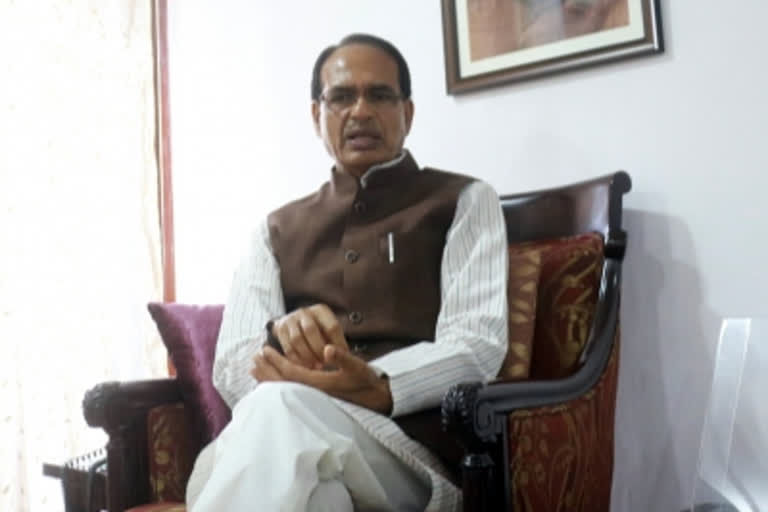Bhopal: An ordinance which prohibits and provides for punishment for conversion by "misrepresentation, undue influence, coercion, marriage or any fraudulent means" has been notified by Madhya Pradesh government and has come into effect on Saturday.
The Home Department of the state government notified the 'Madhya Pradesh Freedom of Religion Ordinance, 2020' in the state Gazette. It was earlier approved by state Governor Anandiben Patel on January 7.
The law prohibits religious conversion "by misrepresentation, allurement, use of threat or force, undue influence, coercion, marriage or any fraudulent means".
It says any marriage conducted with the intention of religious conversion will be considered null and void and it also attracts imprisonment up to 10 years. The inter-faith couple willing to tie the knot has to take prior permission from District Magistrate.
The anti-conversion law also states that priests and clerics performing inter-faith marriages will be imprisoned for five years. Any institution involved in performing inter-faith marriages or religious conversions will also have to face the brunt.
READ: India needs to toughen laws to deal with rape cases: Kangana Ranaut
What does the new law state?
Anyone desiring to covert will need to submit a declaration 60 days before in a prescribed form to the district magistrate, stating that he is doing so without any coercion and on his own free will.
Anyone found guilty shall be punished with imprisonment for a term which shall not be less than one year but which may extend to five years and shall also be liable to a fine which shall not be less than Rs 25,000.
Anyone found guilty of the crime in respect of a minor, a woman or a person belonging to the Scheduled Castes or Scheduled Tribes shall be punished with imprisonment for a term which shall not be less than two years but which may extend to ten years and shall also be liable to fine which shall not be less than Rs 50,000.
READ: Accused in MDMA drug case sent to seven-day police remand
"Provided further that whoever intends to marry a person of any religion other than the religion professed by him and conceals his religion in such a manner that the other person whom he intends to marry believes that his religion is truly the one professed by him shall be punished with imprisonment for a term which shall not be less than three years but which may extend to ten years and shall also be liable to fine which shall not be less than Rs 50,000," the notification said.
In case of mass conversion, a person or persons shall be punished with imprisonment for a term which shall not be less than five years but which may extend to ten years and shall also be liable to fine which shall not be less than Rs 1 lakh.
In the case of a second or subsequent offence, the term of the imprisonment shall not be less than five years but may extend to ten years and there will also be fine.
With agency inputs



